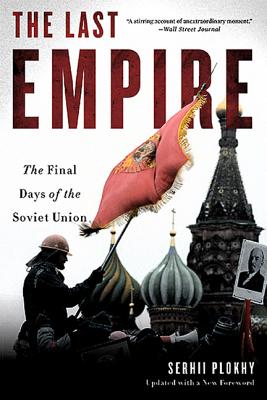Expedite your nonfiction book discovery process with Readara interviews, summaries and recommendations, Broaden your knowledge and gain insights from leading experts and scholars
In-depth, hour-long interviews with notable nonfiction authors, Gain new perspectives and ideas from the writer’s expertise and research, Valuable resource for readers and researchers
Optimize your book discovery process, Four-to eight-page summaries prepared by subject matter experts, Quickly review the book’s central messages and range of content
Books are handpicked covering a wide range of important categories and topics, Selected authors are subject experts, field professionals, or distinguished academics
Our editorial team includes books offering insights, unique views and researched-narratives in categories, Trade shows and book fairs, Book signings and in person author talks,Webinars and online events
Connect with editors and designers,Discover PR & marketing services providers, Source printers and related service providers

The Last Empire: The Final Days of the Soviet Union
History > Russia & the Former Soviet Union
- Basic Books
- Paperback
- 9780465046713
- 8.2 X 5.4 X 1.5 inches
- 1.1 pounds
- History > Russia & the Former Soviet Union
- (Single Author) Asian American
- English
Readara.com
Book Description
As prize-winning historian Serhii Plokhy reveals in The Last Empire, the collapse of the Soviet Union was anything but the handiwork of the United States. On the contrary, American leaders dreaded the possibility that the Soviet Union -- weakened by infighting and economic turmoil -- might suddenly crumble, throwing all of Eurasia into chaos. Bush was firmly committed to supporting his ally and personal friend Gorbachev, and remained wary of nationalist or radical leaders such as recently elected Russian President Boris Yeltsin. Fearing what might happen to the large Soviet nuclear arsenal in the event of the union's collapse, Bush stood by Gorbachev as he resisted the growing independence movements in Ukraine, Moldova, and the Caucasus. Plokhy's detailed, authoritative account shows that it was only after the movement for independence of the republics had gained undeniable momentum on the eve of the Ukrainian vote for independence that fall that Bush finally abandoned Gorbachev to his fate.
Drawing on recently declassified documents and original interviews with key participants, Plokhy presents a bold new interpretation of the Soviet Union's final months and argues that the key to the Soviet collapse was the inability of the two largest Soviet republics, Russia and Ukraine, to agree on the continuing existence of a unified state. By attributing the Soviet collapse to the impact of American actions, US policy makers overrated their own capacities in toppling and rebuilding foreign regimes. Not only was the key American role in the demise of the Soviet Union a myth, but this misplaced belief has guided -- and haunted -- American foreign policy ever since.
Author Bio
Serhii Plokhy is author, teacher, and historian and specializes in the history of Eastern Europe with a special focus on Ukraine.
He is Mykhailo S. Hrushevs'kyi Professor of Ukrainian History at Harvard University and Director of Ukrainian Research Institute.
Professor Plokhy's research interests include the intellectual, cultural, and international history of Eastern Europe, with an emphasis on Ukraine and teaches courses and seminars on early modern and modern East European history that engage major problems in the history of Ukraine, Russia, Belarus, Poland, and Lithuania.
His select list of publications include
- The Gates of Europe: A History of Ukraine Basic Books (2015)
- The Last empire: The Final Days of the Soviet Union Basic Books (2015)
- The Cossack Myth: History and Nationhood in the Age of Empires Cambridge University Press (2012)
- Yalta: The Price of Peace Viking/Penguin (2010; 2011)
- Ukraine and Russia: Representations of the Past University of Toronto Press (2008)
- The Origins of the Slavic Nations: Premodern Identities in Russia, Ukraine and Belarus Cambridge University Press (2006)
Source: Harvard University Department of History
Videos
No Videos
Community reviews
No Community reviews

